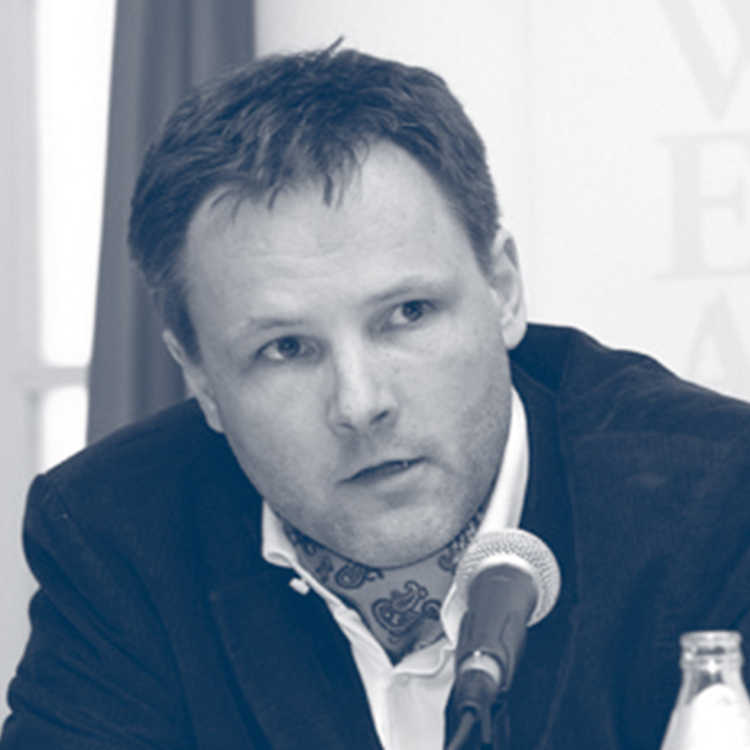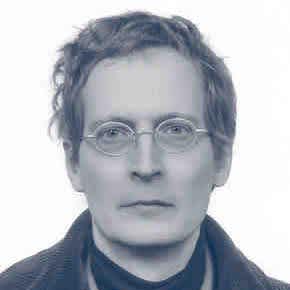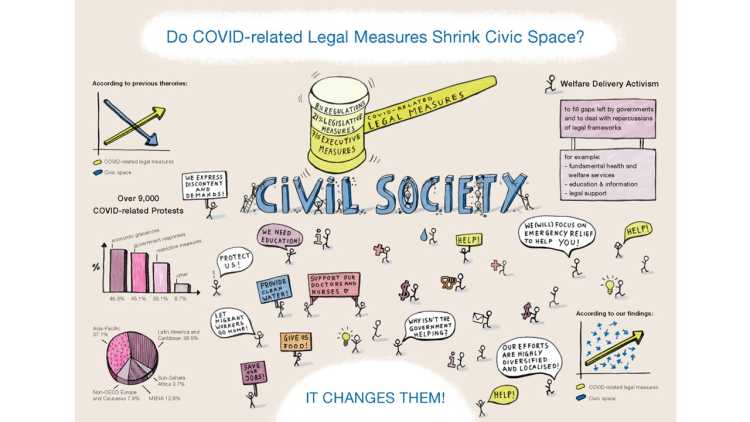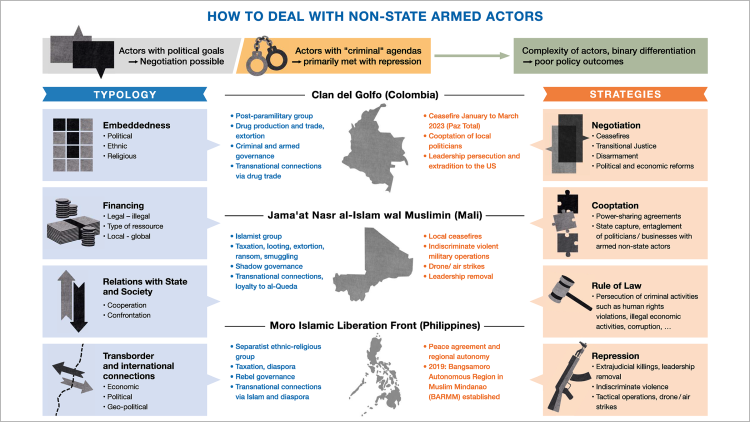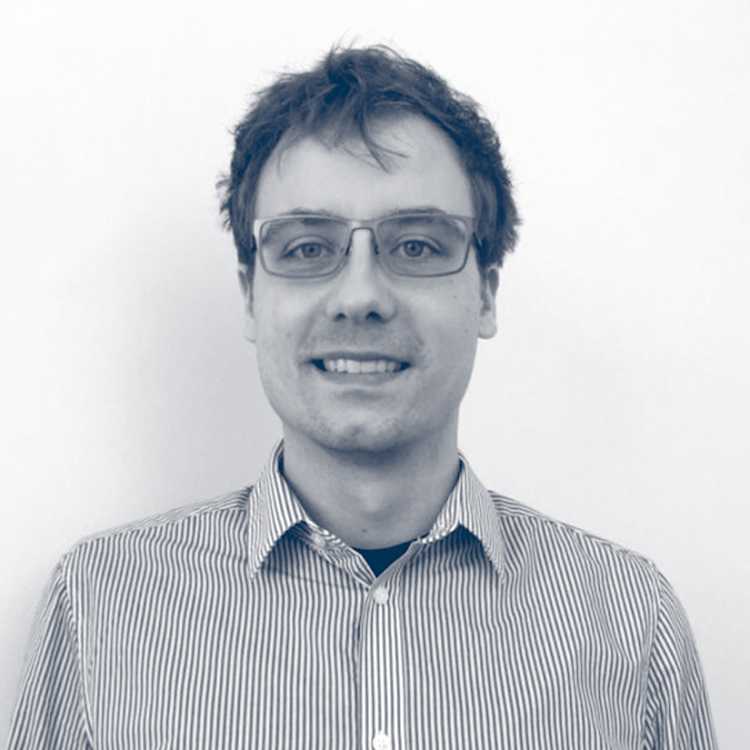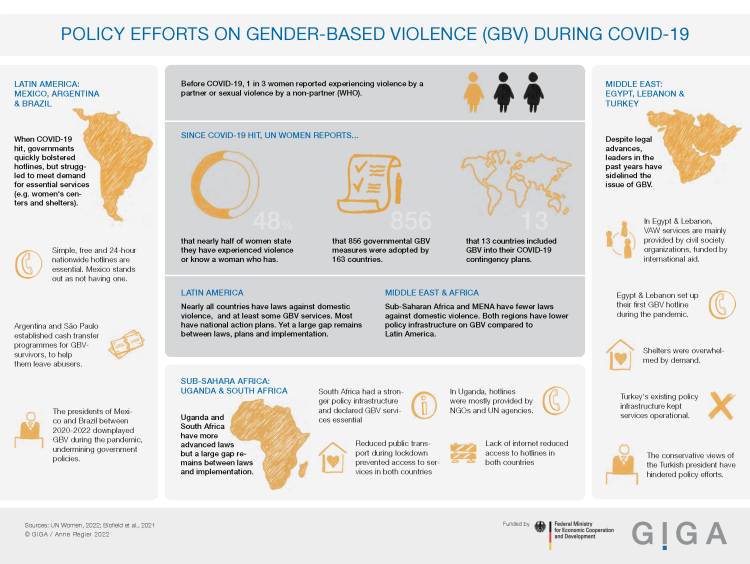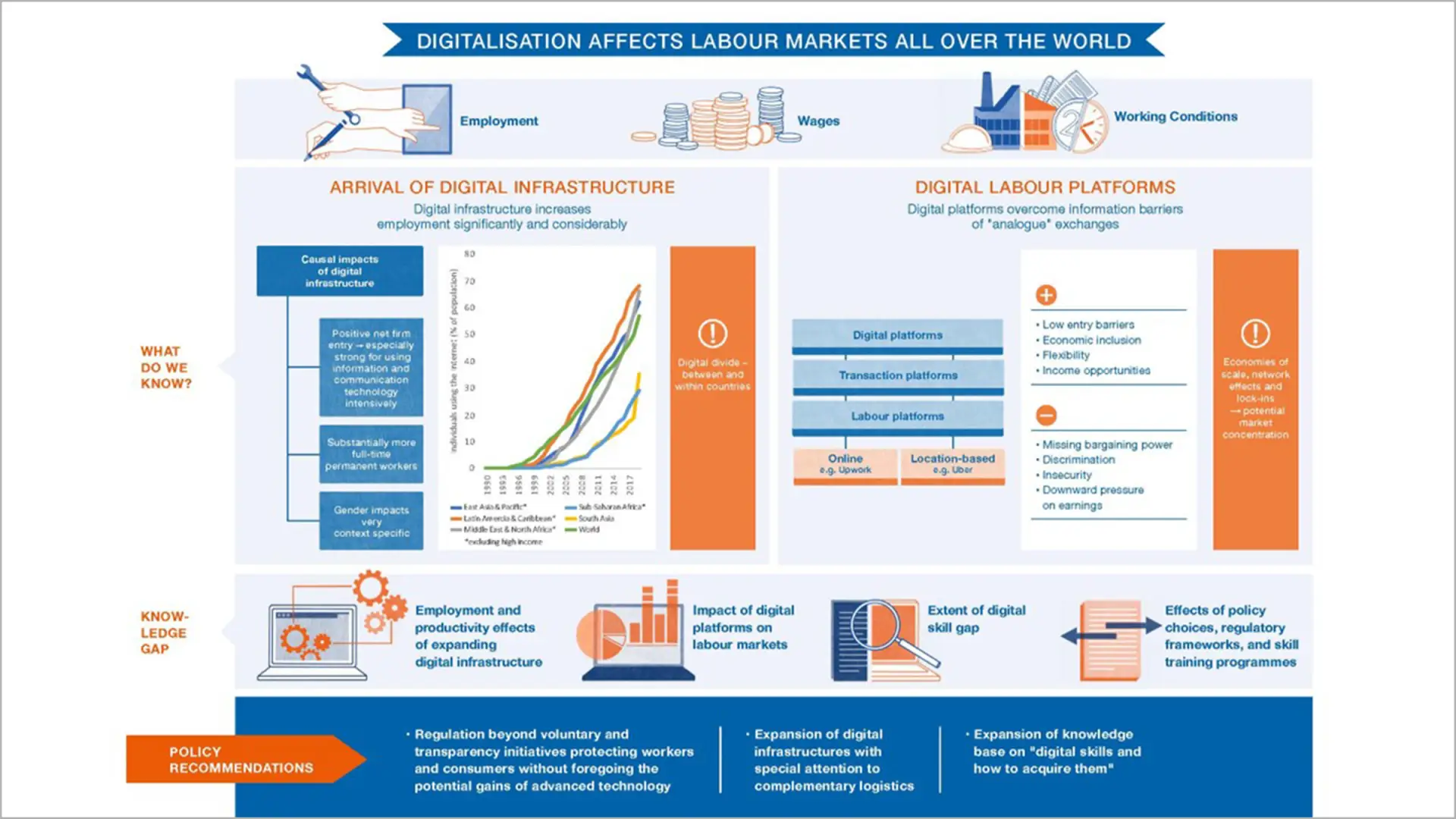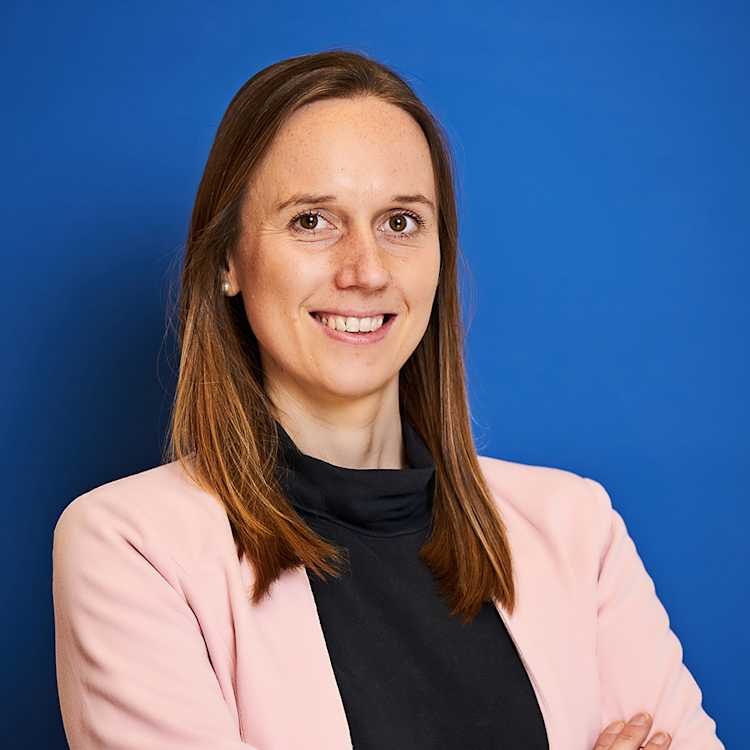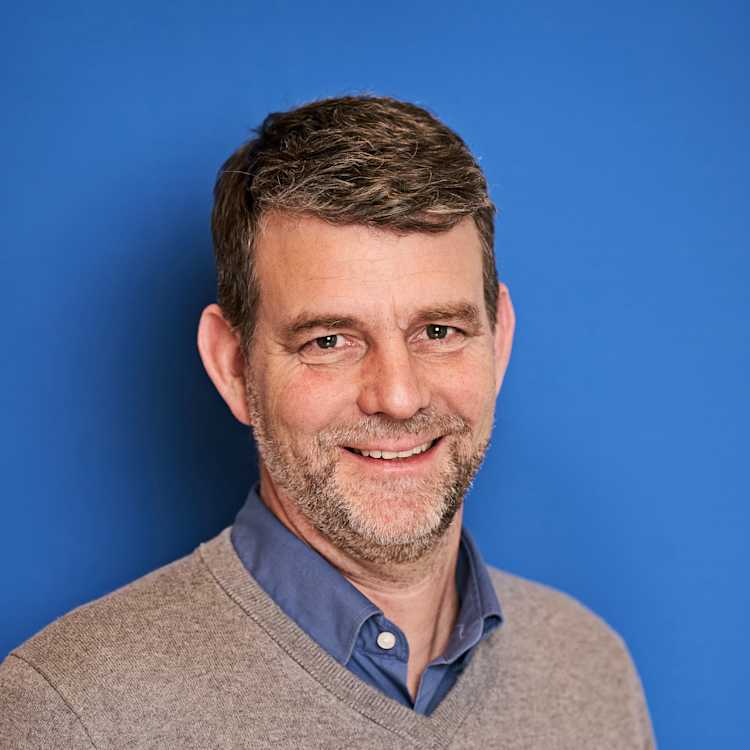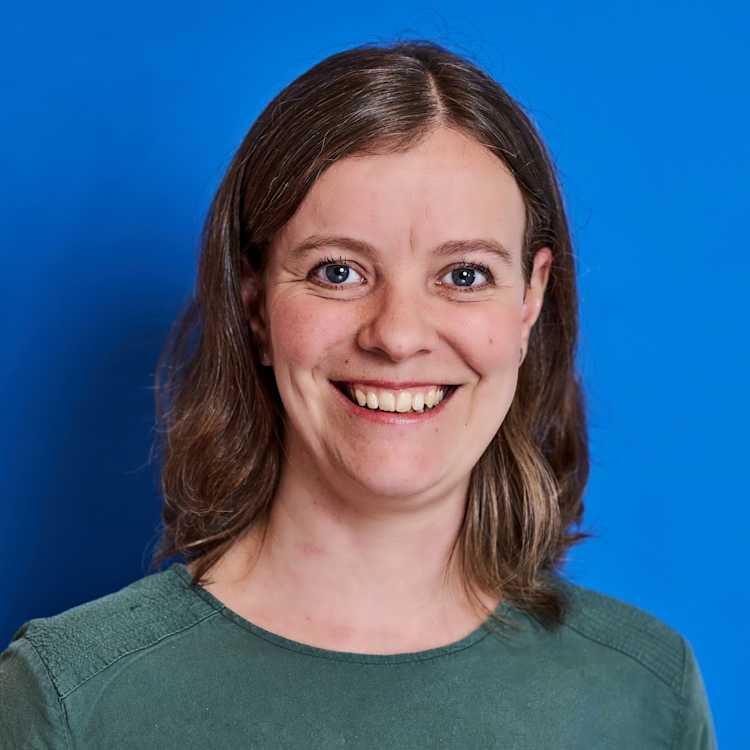- Home
- Research & Transfer
- Research Projects
- Context Matters – Country-Specific Politico-Economic Analyses, Conflict and Crisis Potentials, as well as Global and Regional Trends / Phase II
Context Matters – Country-Specific Politico-Economic Analyses, Conflict and Crisis Potentials, as well as Global and Regional Trends / Phase II
The realisation of the Sustainable Development Goals needs to be based on comprehensive knowledge of the specific contexts at various levels from the global to the local level. The three components of Context Matters provide annual information on actors and governance structures as well as on conflict potentials in the partner countries of German development cooperation. Important regional and global trends (trend analysis) for development cooperation are analysed with a comparative area perspective complementing these country analyses.
BMZ, 2019-2023
Team
Trend Analyses
Research Questions
· What potential do conflicts have to escalate violently? What peacebuilding strategies can be supported by external actors?
· What are important political, social, and economic regional trends influence development cooperation in the Global South?
Contribution to International Research
International development cooperation can only achieve the self-imposed goals and those of the sustainable development agenda (Agenda 2030, SDGs) if the possible effects of regional and global trends are recognized and incorporated at an early stage and the different measures are based on a solid knowledge of the country-specific developments based on the characteristics of the political system (including development orientation, legitimacy, social reform and blockade forces) as well as the existing conflict, crisis and escalation potential.
Research Design and Methods
The identification of regional and global development trends feed into the updating of the comparative frames and provide academic input for strategic development tools.
Preliminary Findings
Seven trend analysis have been published, most of them in form of a GIGA Focus, a GIGA Working Paper and an Infographic (see related content).
